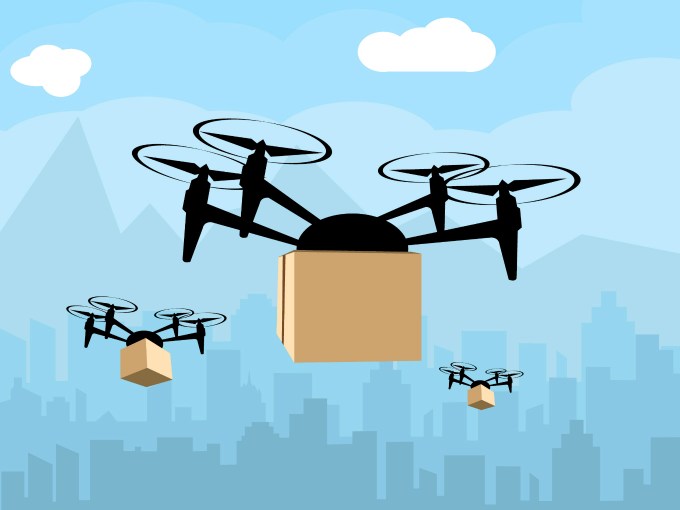Nothing could be more comfortable than ordering food online to be delivered straight to your homes. One could argue that it is the most feasible solution in this modern era when people are busy with work and sometimes even forget to order food. Nothing could beat the feasibility it provides, and now with food being delivered in 15 minutes to you is a dream come true, But is it possible? The answer is maybe, though roads, it cannot using the sky route; it can be made possible. For quite some time, food delivery companies like Swiggy and Zomato want to kick-start this initiative in India.
In contrast, companies like Amazon have already tried it out in the USA to deliver items through drones. Director-General of Civil Aviation (DGCA) recently permitted companies to test and submit results for delivering items through drones. Hence getting your food delivered by a drone could soon become is a reality in the post-Covid-19 world where contactless delivery will be the new common. They have approved over ten groups to start testing beyond visual line of sight (BVLOS) drone flights. In April, more companies would have been given the opportunity, but only a few could get their hands on the permission because of the lockdown. A Zomato spokesperson said, “We have been working on powering delivery via drones for some time now and welcome this move from DGCA to test our systems. We are excited to build the future of aerial food delivery in India.” Zomato acquired also bought a Lucknow-based company called TechEagle to help with the logistics and enable them to deliver food via drones. They tested their drone technology and were able to provide 5kg of food within a radius of 5 km in 15 minutes. This experiment was also done under the guidance of the consortium. Now for the future, The DGCA’s response will be based on the results of this operation and a road map for this technology, which has to be submitted in September. Only after that will the companies be allowed to perform large scale operations. Spicejet parent company of Spicexpress also received the green light to conduct the tests, Spicexpress is the cargo department of the company and will focus on delivering essentials and non-essentials items along with medical emergency parcels. Ajay Singh said that the testing of drones for the last mile connectivity would be a massive step in cost-effective deliveries and transportation of essential and non-essential goods in India.
This can be a game-changer in India when we are looking for ways to do contactless delivery. But to be commercially viable, the drones need to be beyond visual line of sight. These drones are much heavier than traditional drones used for photography purposes and have a greater distance control capability. There are still questions to be answered before they are considered a viable option considering flying altitude, distance from airports, and sensitive locations, and whether the drone either has a technical malfunction or loses contact with the master control center. Hence the DGCA has released these guidelines and wants reports to submit before it comes to a decision.











